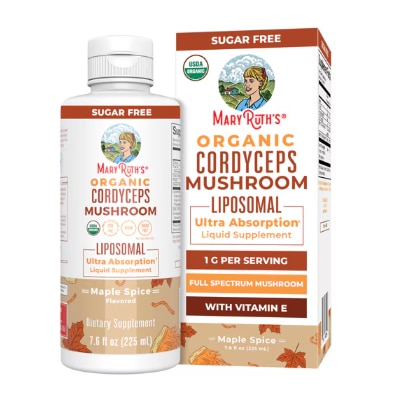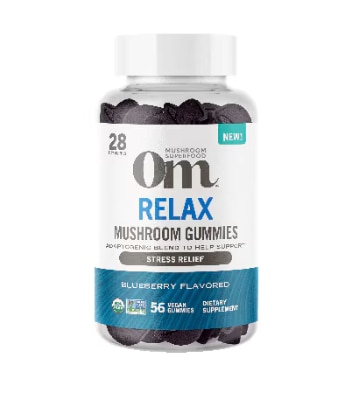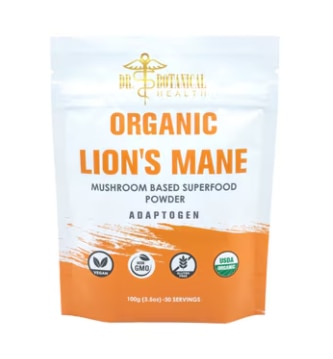Mushrooms are having a moment.
Not the type you stir-fry for dinner — the type that change your frame of mind.
Mushrooms for mental health
“When used in the right setting, magic mushrooms can greatly improve our mental, emotional and spiritual wellness,” says Rob Grover, co-founder of The Journeymen Collective.
Grover and Gary Logan established the company in 2018. They offer guided and personalized psilocybin mushroom retreats in the mountains outside Vancouver, Canada, for small groups.
“Through the intentional and ceremonial use of psilocybin mushrooms, we hold space for those ready to dissolve illusion, release limitation and awaken to the deeper truths of who they are,” Grover says.
Reported stories about business executives going on magic mushroom retreats and news of deep-pocketed investors betting on the psilocybin’s potential medical benefits have been popping up. Clinical research on psychedelics such as psilocybin mushrooms is growing too, including federally funded studies looking at effects on substance-use disorders, depression and anxiety.
What are psilocybin mushrooms?
Psilocybin is a hallucinogenic substance that comes from certain types of mushrooms and has been used by indigenous people in parts of the Americas for thousands of years in sacred ancient traditions. The mushrooms are native to tropical and subtropical regions.
Psilocybin is considered a psychedelic drug and is illegal at the federal level. But it recently became legal in Oregon and Colorado, and some U.S. cities have decriminalized possession and cultivation of psychedelic mushrooms.
An estimated eight million American adults used psilocybin in 2023, making it the most popular hallucinogen in 2023, according to Rand, a nonprofit global research organization that focuses on public policy.
How do you use psilocybin mushrooms?
Psilocybin mushrooms can be consumed in high or low doses. Higher doses spark hallucinogen trips. Microdoses involve smaller amounts, which don’t induce psychedelic effects and are sometimes consumed regularly over weeks or months, often to counter depression or anxiety.
Macrodosing (high dose)
“The higher dose, when held in ceremonial reverence and expert facilitation, acts like a key unlocking the door to multidimensional awareness,” Logan says. “It’s not a recreational experience. This isn’t a supplement.”
Here are six benefits Logan and Grover say come from taking higher doses of magic mushrooms under proper guidance:
Self-discovery
The experience reveals not just who you think you are, but who you truly are. It brings buried truths to the surface with clarity and compassion.
Perspective shift
Old narratives dissolve. Limiting beliefs fall away. You see your life, relationships and purpose from a higher vantage point — through the lens of soul rather than survival.
Emotional liberation
Deeply held emotions — grief, fear, anger, shame — are not repressed but witnessed, processed and released, leaving space for wholeness and freedom.
Awakened inner guidance
In a world addicted to external validation, you awaken your own inner knowing. Intuition sharpens. Decisions align with truth, not fear.
Rapid transformation
What might take years in traditional therapy can be revealed in a single, well-facilitated ceremony. Time collapses and insight accelerates.
Microdosing (low dose)
People microdose psilocybin to manage mental health issues such as depression or anxiety.
Microdoses can help people “reframe how they see the world,” Grover says. “When approached with intention and structure, microdosing psilocybin can gently support the re-patterning of thought, mood and behavior. Think of it as a soft recalibration of the mind’s inner circuitry.”
That said, research on microdosing is limited and has not proven the practice is safe or effective.
Most studies to date involve larger doses. For example, a growing body of research suggests that psilocybin combined with psychotherapy might alleviate depression, according to the National Center for Complementary and Integrative Health. A 2023 review and analysis of five studies in 215 people with depression found that psilocybin treatment combined with psychological support reduced depression symptoms for up to five weeks.
What are the risks of using psilocybin mushrooms?
Psilocybin has a “low level of toxicity, which means that it has a low potential of causing potentially fatal events like breathing problems or a heart attack,” according to the National Institutes of Health.
Still, studies show health risks associated with it, particularly when taken “unsupervised and outside of a research study and clinical supervision,” the NIH says.
Anyone with heart conditions should steer clear of psilocybin because it can elevate blood pressure and heart rate. Also, psilocybin is not safe for anyone with psychotic conditions like schizophrenia, schizoaffective disorder, or severe forms of bipolar disorder and borderline personality disorder. Other side effects include agitation, confusion, vomiting and nausea, “which may be severe and require medical attention,” according to the NIH. Some people also feel extreme fear, anxiety, panic or paranoia.
Microdosing psilocybin can cause insomnia, increased anxiety and depression, poor mood, low energy, impaired social skills, poor focus and impaired cognitive functioning. It also can cause gastrointestinal symptoms and headache, along with disrupting your senses.
And beware that it can be a way to avoid deeper healing. “Without proper intention, tracking or breaks,” Logan says, “microdosing can become a crutch rather than a tool.”




